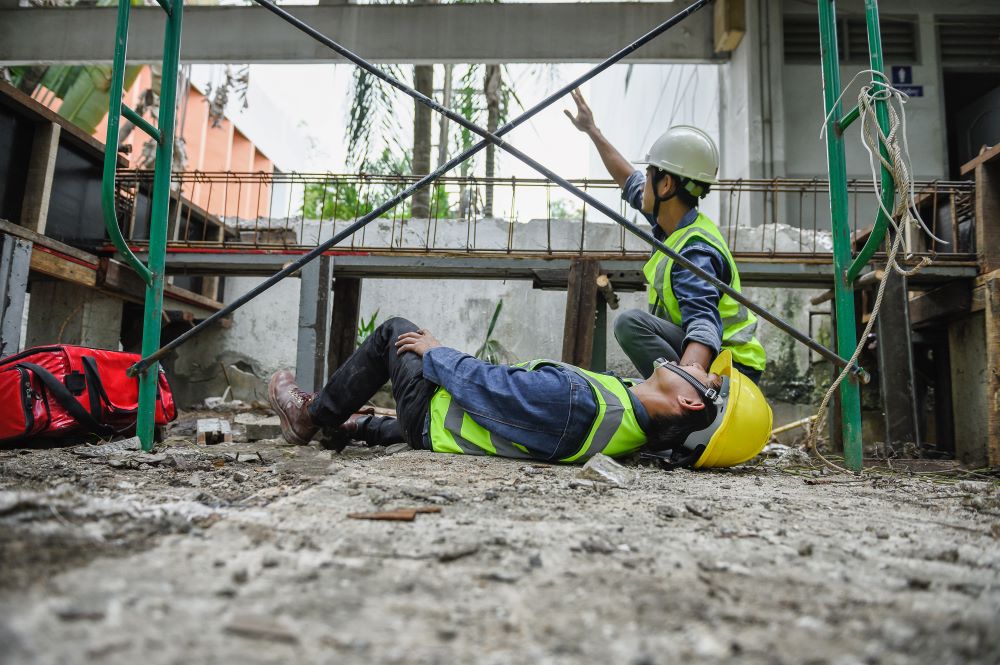Construction sites and work zones present hazards for both workers and bystanders alike. When something goes wrong, and you are hurt, you have the right to file a lawsuit against those responsible and seek compensation. In Florida, such a claim would need to be brought within two years of the date your injury accident occurred.
Most of these claims are premised on negligence. When someone acts negligently, they are responsible for the harm and losses they cause to others. However, sometimes negligence does not accurately describe the actions and mindset of the person liable. In these cases, you may choose to bring a lawsuit and allege the other person committed an act of gross negligence.
Gross Negligence and Negligence Distinguished
To say that someone acted negligently is to say that they acted in a careless manner. A negligent person is someone who did not adequately consider their surroundings and actions and instead acted impulsively. Someone who acts negligently fails to take other people’s safety into account despite knowing the risks associated with their behavior.
Negligence requires a judge or jury to consider the facts of the situation and the person accused of negligence. For instance, a person’s age, training, and education would all be taken into account by a judge or jury when deciding if that person was negligent.
If a reasonably careful person with a similar background and in a similar position as the person would not have done what the person did, then the individual in question was negligent.
For instance, a young apprentice roofer accidentally drops a tool from the roof, and it hits your head, causing injury to you. This young roofer would not be held to the same standard of carefulness as an older roofer with years of experience under their belt.
The relevant question would not be, “How would a reasonably careful roofer secure their tools to avoid a construction accident?” but instead, “How would a reasonably careful experienced roofer or apprentice roofer secure their tools while on the job?”
Gross Negligence Defined
As the term implies, gross negligence is something above and beyond simple carelessness or thoughtlessness. It involves actions that go above and beyond simply failing to be careful enough under the circumstances. Whether an action or an omission by a person constitutes negligence or gross negligence is often a matter for the judge or jury to decide.
Gross negligence requires there to be a more conscious, almost intentional, decision not to act carefully. The risk of injury to others is likely obvious when a person’s actions are considered grossly negligent. A ruling of gross negligence indicates that the person’s decisions communicated a lack of concern for the safety of other people.
For example, consider a roofer who tries to put a tool back in his toolbelt quickly and drops the hammer on another roofer. This roofer might be considered negligent for not paying attention to what they were doing the moment they dropped their hammer.
Now, suppose that same roofer placed their hammer down on the edge of the roof, where it was partially hanging off of the roof. Knowing this, the roofer went back to work and did not move the hammer. When it falls after being knocked over the side of the roof, the worker may be considered grossly negligent.
Gross Negligence Can Lead to Punitive Damages
Both negligence and gross negligence share many commonalities. Both require the judge or jury to consider what similarly situated individuals would do under similar circumstances. Successfully proving both negligence and gross negligence can lead to a damages award that compensates you for your medical costs, lost wages, and other losses.
However, proving that the person who caused your construction accident acted grossly negligently opens the door for you to recover punitive damages. This possibility can make alleging gross negligence in your construction accident suit more appealing than simply alleging negligence.
Punitive damages in Florida go above and beyond any compensatory damages you receive. This type of damages can be awarded in order to punish the party that harmed you. However, your punitive damages award is tied to the value of other compensation you receive.
Where to Find Help for Your Construction Accident Claim
Look no further than Schrier Law Group for experienced advocacy and representation following a Florida construction accident. Our firm will thoroughly investigate your construction accident incident and help you pursue the compensation the law entitles you to receive.
Contact our office today and request a consultation with us to discuss your lawsuit and get on the path to recovering compensation.






